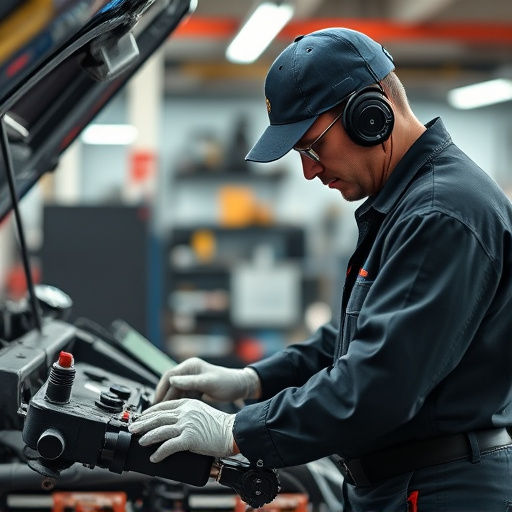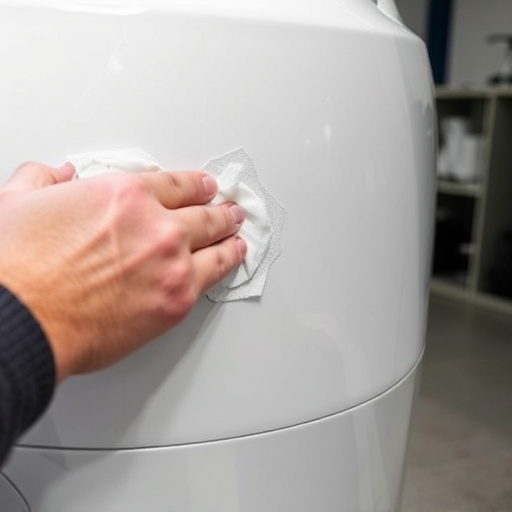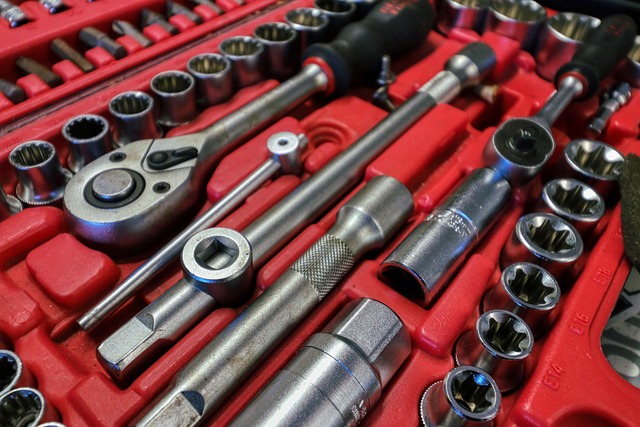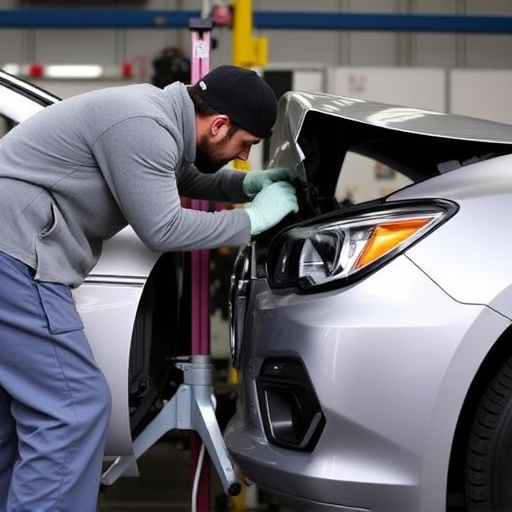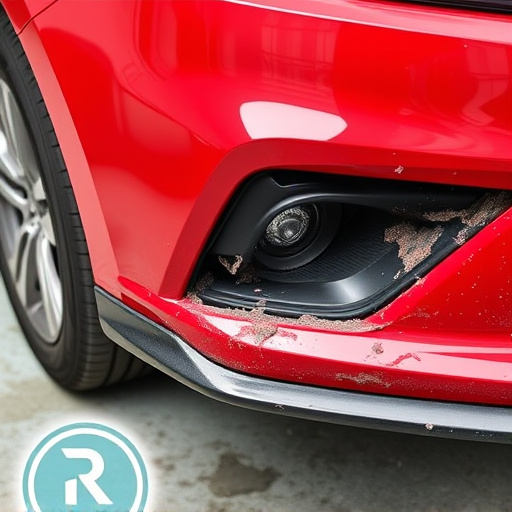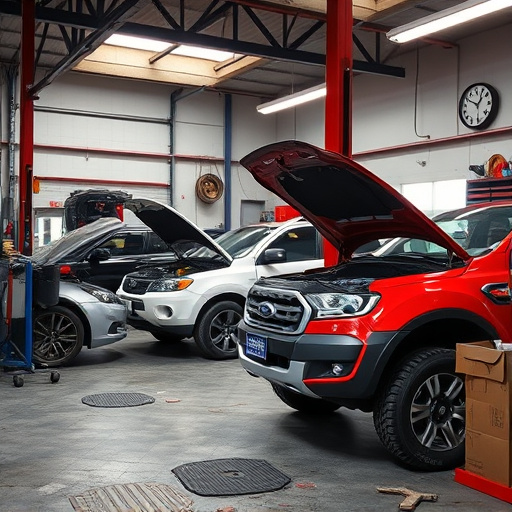Mercedes electronic stability repair requires adhering to factory-specified torque values for optimal ESC performance and safety. This meticulous practice ensures precise control, maintains vehicle stability, reduces future issues, and streamlines repair processes, preserving the structural integrity and value of luxury Mercedes vehicles at professional auto collision centers.
Mercedes vehicles are renowned for their advanced safety features, and at the heart of this is the Electronic Stability Control (ESC) system. When it comes to repairing this critical component, adhering to factory-specified torque values is paramount. This article delves into the intricate process of Mercedes ESC repair, highlighting why using these precise values ensures optimal performance and stability. By understanding the benefits, mechanics can deliver top-tier repairs for enhanced vehicle safety.
- Understanding Mercedes Electronic Stability Control
- Repair Process: Adhering to Factory Torque Values
- Benefits of Using Specified Torque for Stability Repair
Understanding Mercedes Electronic Stability Control

Mercedes Electronic Stability Control (ESC) is a sophisticated system designed to enhance safety and improve driver control. It uses sensors to monitor wheel speed, steering angle, and vehicle dynamics, detecting when traction is lost or the car is skidding. Once detected, ESC intervenes by applying individual brakes and adjusting engine torque to help stabilize the vehicle. This active safety feature is crucial in preventing auto collisions and facilitating luxury vehicle repair.
For effective Mercedes electronic stability repair, it’s essential to adhere to factory-specified torque values when resetting or calibrating the system. This precision is vital for ensuring ESC functions optimally during subsequent drives, contributing to a smoother automotive restoration process at reputable auto collision centers.
Repair Process: Adhering to Factory Torque Values

When conducting a Mercedes electronic stability repair, adhering to factory-specified torque values is paramount. This precise measurement ensures the optimal functioning of components like wheel bolts and control modules, which are crucial for maintaining vehicle stability. Skewing even slightly from these values can lead to compromised performance and safety risks.
Technicians employ advanced tools to calibrate torque during repair, factoring in variables such as vehicle age, model, and specific conditions. This meticulous approach distinguishes Mercedes electronic stability repair from broader car body repair or automotive collision repair services. By upholding factory standards, repairs not only restore functionality but also safeguard the vehicle’s structural integrity, enhancing the overall driving experience and peace of mind for Mercedes owners.
Benefits of Using Specified Torque for Stability Repair

Using factory-specified torque values for Mercedes electronic stability repair offers several key advantages. Firstly, it ensures precise control during the repair process, allowing technicians to accurately replicate the vehicle’s original stability settings. This precision is vital for maintaining the car’s overall performance and safety features. By adhering to these specifications, repairs are more likely to be effective and reliable, minimizing the risk of future instability issues.
Additionally, employing specified torque values streamlines the repair process for body shop services and dent repair. It reduces the need for guesswork or trial-and-error adjustments, saving time and potentially preventing costly mistakes. This meticulous approach is particularly beneficial for high-end vehicles like Mercedes, where original equipment and factory settings are paramount to preserving the car’s value and performance characteristics.
In conclusion, the meticulous process of Mercedes electronic stability repair, with a focus on using factory-specified torque values, ensures optimal performance and safety. This precise approach, detailed in our article, highlights the significance of adhering to manufacturer guidelines for accurate and reliable repairs. By understanding the benefits outlined here, automotive professionals can enhance customer satisfaction through efficient and effective Mercedes electronic stability control repairs.





